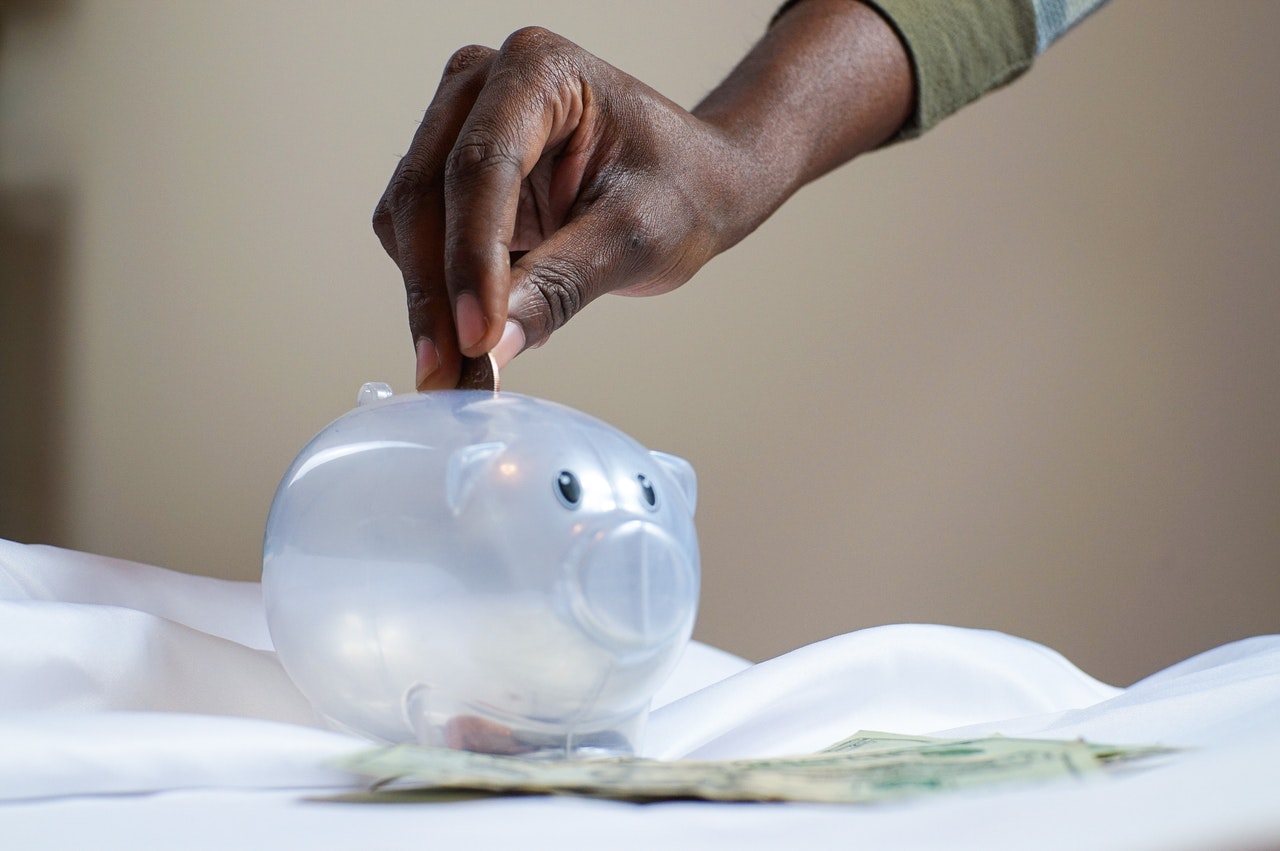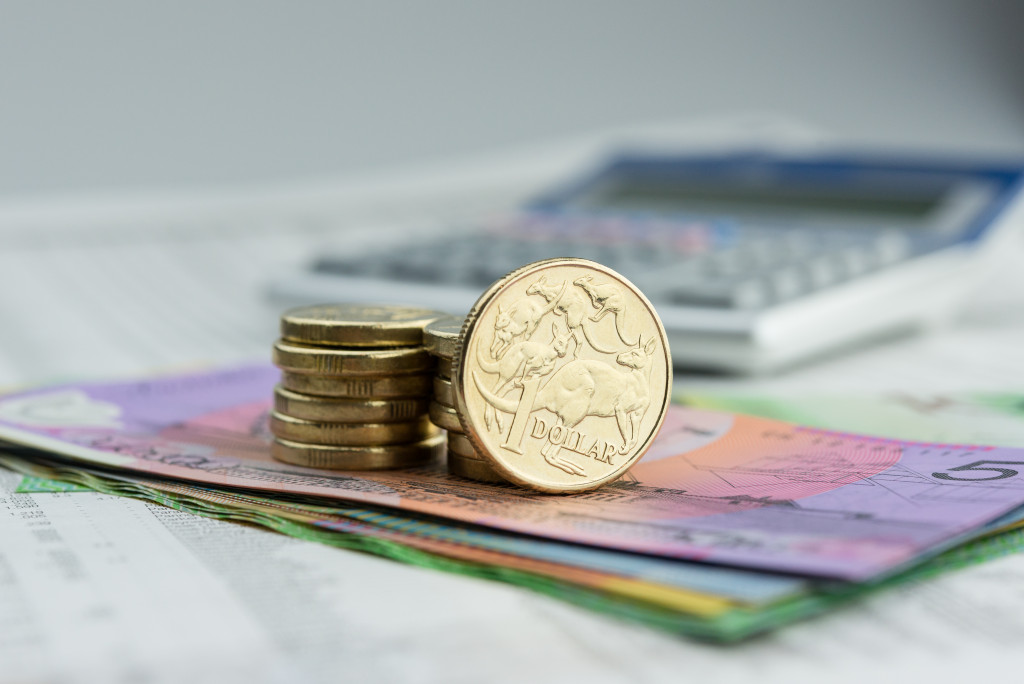The famous saying that goes “money can’t buy happiness” isn’t exactly true. Yes, it can NOT buy happiness, but it can provide a sense of stability and security. It can buy food that will let you survive, give shelter to protect you from the elements, and give comforts and conveniences to better enjoy your life. Without money, life would be a lot more complicated. That’s why it’s essential to get a handle on money and make it work for you and not the other way around.
However, being wise with your money is not just about making your ends meet. It’s all about making sure that you have enough, even at times of emergency, and enough for you to live comfortably. Correctly handling your finances not as tricky as advanced geometry and arithmetic, but it takes some time getting used to. Here are a few tips to be more responsible with your finances.
Set Up Your Bank Accounts and Online Tools
Having a bank account is an essential step to having a better handle on your finances. It allows you to safely store away money, preventing the temptation of spending any excess cash. While most people already have some form of bank account, many fail to realize that their bank accounts come with online tools that allow for better monitoring and handling of finances. They come in the form of smartphone applications or website interfaces where you can interact with your account. You can check the balance, observe and analyze your financial activity, create separate accounts, and much more. Familiarize yourself with your online banking system to better take advantage of the tools they provide.
Look at Investment Options
No matter how much you save, your money will not grow exponentially if left in the bank. You need something that’s considerably more substantial and heavier than a savings account. To build long-term wealth, investing is a necessary step. This will allow you to grow and increase your money with the economy. However, investing in itself is a broad topic. Becoming familiar with the different investment options and strategies is a must if you ever plan to take it seriously. There are a wide variety of investment schemes for you to choose and pick from, and finding out the most compatible one for you will help you get a better handle on your own finances.
Budget Your Living Expenses
A large part of controlling your finances is living on a budget. While that sounds like a promise of poverty, it’s not. It merely means that you will live below your means and not spend yourself in the red zone. You can start doing this by tallying your monthly living expenses, seeing which spendings are unnecessary, and keeping only the important ones. This allows you to look at your financial habits with an objective eye, as you can observe which expenses are part of your living requirements or are merely vanity. You can also use budget tracking apps to help you with your everyday expenses. Once you’ve gotten used to living below your means, you will find yourself being able to save more money.
Have a Financial Goal
Without a goal, it’s very easy to either rack up your savings but never find a reason for it (beyond emergency funds) or fall into temptation and spend it all once something has caught your eye. To prevent this from happening, create relatively small financial goals for you to accomplish. These goals can either be saving enough for an emergency fund, paying off debt, starting a mutual fund, or even to buy some properties. Goals such as these will help keep you going and create a path for you. Once you’ve achieved these goals, you will feel a sense of accomplishment and pride- at the same time being financially better off, allowing yourself to enjoy a treat or two.

Get Familiar with Finance
Like many things, finance is a field that you can study and improve your skills on. This will help you make better financial decisions, prevent you from falling into common scams or bad deals, and generally make you a wiser spender. Resources for personal finance and economics are abundant as well, as financial responsibility and awareness are gaining mainstream popularity. It will do everyone well to have a fundamental knowledge of personal finances, and studying is one way of acquiring that knowledge. Take advantage of free resources on the internet, the occasional free seminar, consume anything that will teach you about personal finance. Of course, caution must still be applied as not all information will be beneficial, but expanding your knowledge will always be a necessary step in building a better financial situation.

